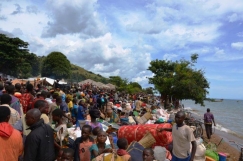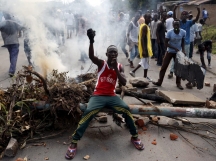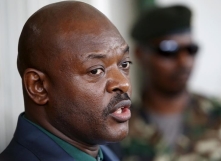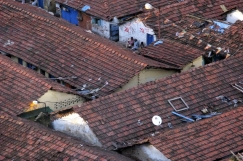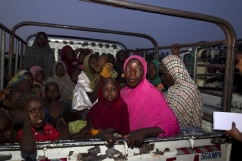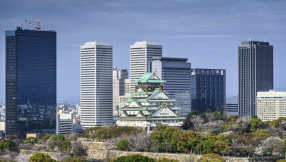Rwandans voted overwhelmingly to support changes to the constitution that would allow President Paul Kagame to extend his term in office, possibly until 2034.
Kagame, 58, would be able to run again in 2017 after his second term ends. He has been president since 2000 but effectively in control since his rebel force marched into Kigali in 1994 to end a genocide.
"The electoral commission declares in public that 98.3 percent of voting Rwandans accepted the constitution as amended in 2015," National Electoral Commission chairman Kalisa Mbanda told a news conference after Friday's vote.
Mbanda rejected a statement issued on Friday by the local European Union delegation that there was no independent monitoring in place during the vote.
"I don't see any basis on which one can say that there were no independent observers. We registered 630 observers and all are independent," he said.
The number of those who voted in favour of the changes was 6.16 million. The commission released some partial results late on Friday and final results are expected on Monday.
The vote took place despite criticism of such an amendment by the United States and other Western donors.
Kagame has not said if he would run again, but he is widely expected to. He said on Friday the vote to change the constitution was the people's choice.
The tiny Democratic Green Party, the only real opposition party, tried to get the constitutional changes blocked through the courts but this was rejected.
The party also said it was not given a chance to campaign against the changes.
"The Democratic Green Party ... will not give up on the struggle to make Rwanda a vibrant democracy. We will continue to work toward achieving a peaceful transfer of power in Rwanda," Frank Habineza, the party's president, said in a statement late on Friday.
Despite its success in delivering economic and social change, rights groups accuse Kagame's government of stifling the media and political opposition, a charge it denies.
The debate about extending presidential terms has swept other African nations. It has triggered violence and instability in Burundi and Congo Republic, but not in Rwanda.










